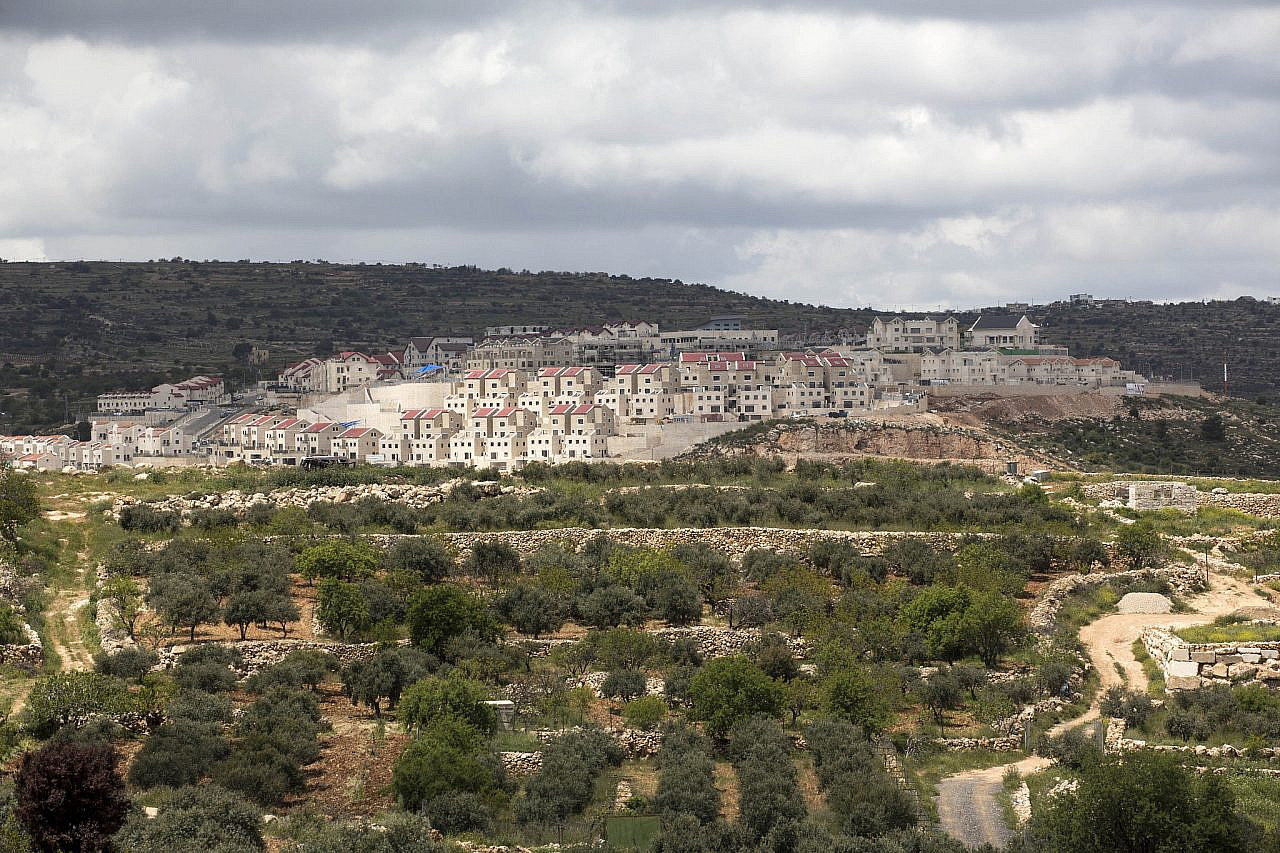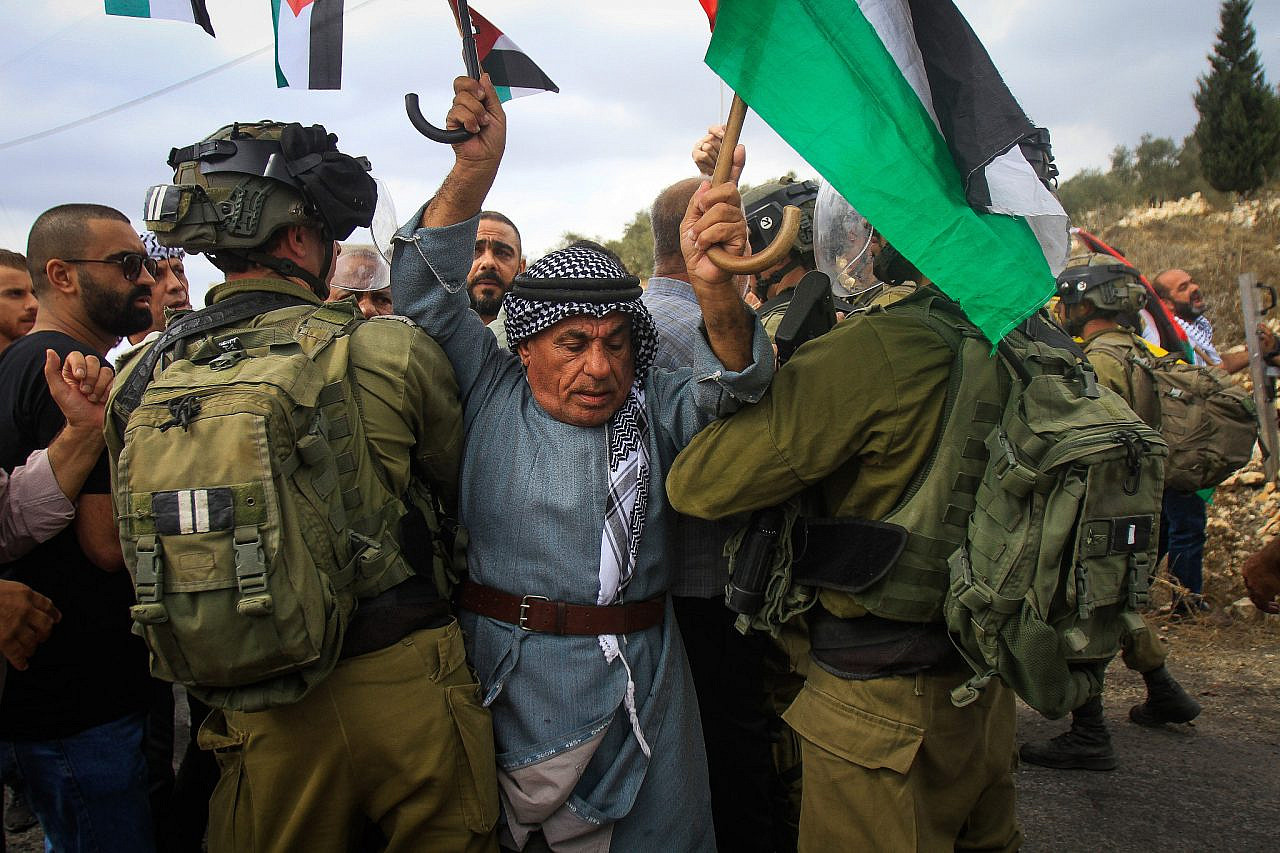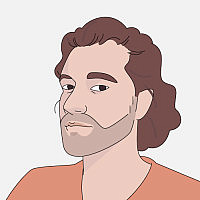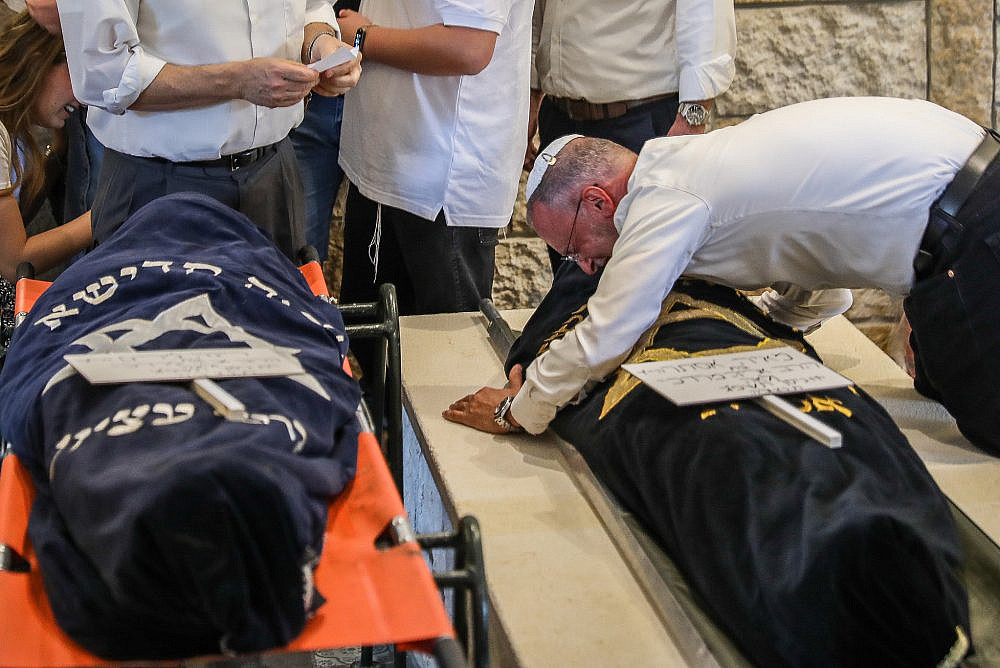Tributes have been pouring in on news stations and social media for Rina, 15, and Maia Dee, 20, the British-Israeli sisters killed in a shooting attack in the occupied West Bank last Friday, and for their mother Lucy, who died from her wounds earlier this week. The three were in a car driving close to Hamra Junction in the Jordan Valley when they reportedly came under heavy fire. The Israeli army is now conducting a manhunt for Palestinian suspects.
The Dee family immigrated from the United Kingdom to the West Bank settlement of Efrat nine years ago; Leo, the girls’ father and Lucy’s husband, had previously served as a rabbi in two Orthodox congregations in North London. “No words can describe the depth of our shock and sadness at the heart-breaking news of the murder,” tweeted Britain’s Chief Rabbi Ephraim Mervis after the announcement of the sisters’ deaths, adding that the two were “much loved” in the U.K. and in Israel. After news broke that Lucy had died too, he tweeted: “Our indescribable pain has reached yet greater depths.”
Rabbi Dee tearfully told the media on Monday that “our family of seven has become a family of four,” after Lucy, Maia, and Rina were buried at the Gush Etzion Regional Cemetery in the settlement of Kfar Etzion. Losing a family member, especially someone young, is an unbearable tragedy; one can only imagine the pain Rabbi Dee and his remaining children are enduring after losing three at once.
While recognizing that heartbreaking loss, an important detail has been missing from almost every one of these tributes and reports: Israel’s military occupation. To bring this into the picture is not to justify the Dees’ murders — far from it. But to ignore it is to misunderstand the context in which they lived and were killed, and as such, to condemn countless others to the same fate.
Like hundreds of thousands of Israelis living in the West Bank, including East Jerusalem, the Dees became integrated into Israel’s project of colonial expansion in the occupied territory. Settlements like Efrat, which has the appearance of a regular Israeli town or suburb, serve to squeeze Palestinians into ever-shrinking Bantustans in order to maximize the territory available for Jews — including those arriving from abroad.

Since 1967, Israel has stolen more than 2 million dunams of privately-owned Palestinian land in the West Bank to build hundreds of Jewish-only settlements and outposts, as well as the infrastructure required to connect them to each other and the rest of the state. Each one of these settlements is illegal according to international law, violating the Fourth Geneva Convention which explicitly prohibits the occupying power from transferring its civilian population into occupied territory.
Consecutive Israeli governments have actively encouraged their citizens to move to these areas by providing all manner of financial incentives: subsidized housing, schooling, and transportation; tax breaks; and even higher public-sector salaries. This is in addition to the deeply-held religious and supremacist ideologies driving the more radical parts of the settler movement, though it is no secret that such sentiments are in many cases materially induced or facilitated by the state.
These illegal settlements have become totally normalized in Israel, growing to accommodate some three quarters of a million of its Jewish citizens. But the settlements’ very existence — on top of the extensive land theft that makes their construction and expansion possible — requires the constant subjugation of the territory’s Palestinian population.
This violence takes various forms: an army that has already killed close to 90 Palestinians in the West Bank since the start of the year, including 18 children; a vast network of military checkpoints that severely restrict Palestinians’ freedom of movement; and a separation wall built deep into the West Bank, confiscating yet more land in a move deemed illegal by the International Court of Justice.

That oppression of this kind generates resistance, even violent outbursts, should come as no surprise: it is a truth as old as history that subjugated peoples will fight their oppressing society as they strive for freedom. In a prophetic advert published in Haaretz in September 1967, only a few months after the occupation began, Israeli activists affiliated with the radical left-wing group Matzpen warned: “Holding on to the occupied territories will turn us into a nation of murderers and murder victims.”
That sentence would have held true two decades earlier, too, when Zionist forces expelled over 750,000 Palestinians during the Nakba of 1948, with Israel forcibly preventing their return ever since and constructing Jewish towns over the ruins of Palestinian villages. The goal then was the same as the goal now: to preserve Jewish supremacy over the land.
It is possible to reject acts of violence without denying the conditions that make that violence inevitable. Yet that is exactly what so many of the responses to the Dees’ killings are doing, omitting the brutal system of domination imposed on Palestinians and thus rendering their actions incomprehensible other than being motivated solely by antisemitic bloodlust. By failing to reckon with that system head-on, they ensure that nothing will change before the next attack claims its next victims.
For all its complex mechanisms and bureaucracies, maintaining the occupation is a simple act of choice. How many more people will die before Israel chooses to end it?


